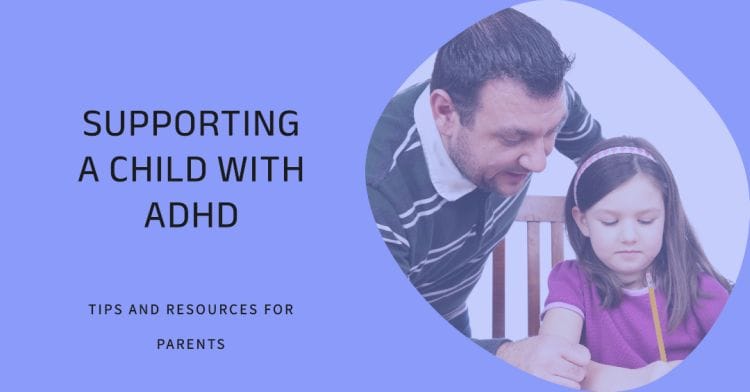A guest post by Charles Carpenter of HealingSounds.info, describing how music can improve focus and cognitive ability in children diagnosed with ADHD.
Nineteenth century French novelist Victor Hugo said, “Music expresses that which cannot be said and on which it is impossible to be silent.” It’s long been known that music possesses healing and therapeutic powers that are little understood even today.
Alzheimer’s patients whose memories have been ravaged by the disease respond joyfully to music that their brain suddenly recalls from decades ago. And research has shown that music can help improve focus and cognitive ability in children with attention deficit hyperactive disorder (ADHD). It reaches deep into those parts of the brain involved with communication and learning, boosts self-esteem and puts a new form of communication in children who struggle to maintain control of themselves.
A 2011 study found that music increases levels of dopamine, the neurotransmitter that produces feelings of pleasure in the brain, a substance people with ADHD have in low levels. Typically, chemical stimulants have been used to treat the disorder, but the effectiveness of music offers a positive alternative that not only helps children cope with their condition, but has proven effective at helping kids perform better at school.
Music as communal activity
The ensemble nature of music gives children with ADHD a fun opportunity to engage in a social and collaborative activity. ADHD patients engage with music in an informal manner which encourages creativity and builds auditory pathways that help children improve in their ability to focus and pay attention. Playing music together also relieves stress, reduces feelings of anxiety, mitigates depression and lessens the agitation and frustration that children with ADHD often experience. Whether singing together as a family or making music with friends in a therapeutic setting, kids experience positive feelings of shared enjoyment and the satisfaction of working toward a shared goal.
Rhythm and focus
Music therapy also reduces restlessness and impulsive behavior in children with ADHD, a significant problem for kids who have trouble controlling themselves in the classroom. This form of therapy uses the linear structure of rhythm to calm the brain and help kids stay focused. There are two basic approaches to music therapy with ADHD patients. In the active form of therapy, patient and therapist work together to make music, both vocally and instrumentally; in receptive therapy, the therapist plays music that the patient focuses on intently. Both give the patient an opportunity for creative expression and interpretation and helps activate the right side of the brain.
Universal language
Classical music is most often used in therapy; however, in recent years, therapists have branched out into other musical forms and styles, though loud and dissonant rock music is sometimes discouraged as a therapeutic medium. Today jazz, rhythm and blues, folk, blues and Broadway tunes are all used in therapy.
Much has been written about the Mozart Effect, which has proven effective in helping children with ADHD, autism and other developmental problems. French physicist Alfred Tomatis made the connection between learning difficulty and the middle ear, which differentiates between hearing and listening. Mozart’s compositions tend to occupy a higher frequency range, which Tomatis believed to be highly stimulating to that part of the brain that controls attentiveness.
Finding the right instrument
If finding the right instrument for your child seems elusive, consider the expansive woodwind family. For example, the saxophone is an instrument with a highly versatile tonal range. There are more than a dozen types, ranging from soprano to bass. It can be a challenging yet rewarding instrument to learn, though it’s important to select the right one for your child’s skill level. Consult your child’s instructor or band director, and take advantage of the experts at your local music stores.
Music for life
Try incorporating music into your child’s daily routine. Play the music of Mozart, Brahms and other Miles Davis on the way to school, or while your child is doing homework. Encourage new forms of music as a way to foster learning and instill a sense of discovery, and encourage your child to play an instrument. The more you can incorporate music into your child’s life, the more he or she will benefit from its remarkable ability to help increase mental focus and acuity.
Gust post by Charles Carpenter. Charles created HealingSounds.info. He believes in the power of music and sound as a healing tool. Image courtesy of Pixabay.com.

